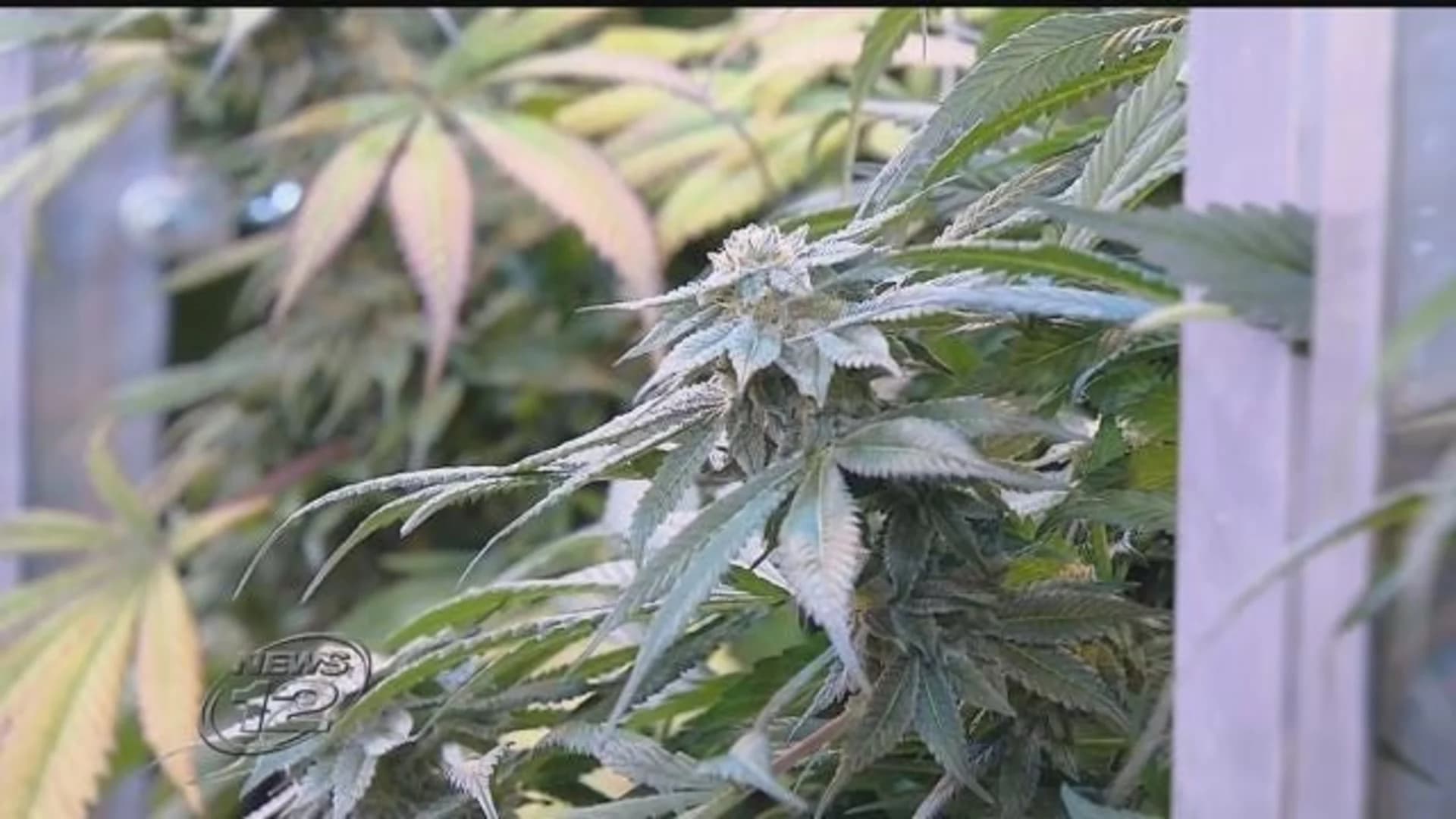
The legalization of recreational marijuana took a big step in New Jersey Tuesday as Gov. Phil Murphy and state legislative leaders say they have agreed on legislation.
The Democratic leaders announced the agreement in a statement Tuesday after more than a year of negotiations, mostly behind closed doors.
It's unclear whether there are enough votes in the Democrat-controlled Legislature to pass the bill, but the agreement marks the first time leaders have laid out the details of the plan.
The deal calls for a $42 per ounce tax and entitles towns to collect tax revenue, as well. Municipalities with cannabis retailers could collect 3 percent tax, those with cultivators will collect 2 percent and those with wholesalers would get 1 percent.
“Right now the only people making money off of cannabis are drug dealers, so we want to make certain that we have a legal industry that will take money away from drug dealers and give it to small businesses owners,” says New Jersey CannaBusiness Association President Scott Rudder. “They pay taxes they hire employees so it's gonna help boost the economy."
RELATED: Sayreville police chief asks legislators to slow push for marijuana legalization
RELATED: Lawmakers introduce bill to make marijuana legal at the federal level
RELATED: Lawmakers introduce bill to make marijuana legal at the federal level
The bill also includes expungement of prior, low-level marijuana charges. Murphy says that he will only sign the bill if this is included – something that may take some work.
"People want it to be an instant solution where you can push a button and everybody has their record expunged,” says Rudder, “But that's not going to be the case. It actually takes some time and so we have to see how this plays out a little bit further."
But some New Jersey towns say that even if marijuana is legalized in the state – they will not allow its sale. Some towns, like Cranbury, have already passed ordinances banning the sale of legal pot in their municipality.
"Our concern really is what happens after that point of purchase. We have a lot of parks in our town, we have a nice Main Street downtown area. If somebody comes in and buys it and sets up shop and starts smoking it, it's now impacting the quality of life around all of our children,” says Mayor James Taylor.
The measure calls for a five-member regulatory commission, which would be set up by the governor, with recommendations from the Assembly speaker and Senate president.
Ten states and the District of Columbia have legalized recreational marijuana.
The Associated Press wire services contributed to this report.
More from News 12

USGS: Magnitude 2.4 earthquake shakes parts of western NJ
2:40

NEAR MISS! Nor'easter scrapes southern NJ with light snow, misses everywhere else
1:16

Minneapolis police chief, a NJ native, speaks with News 12 about Good, Pretti shootings

Woman injured after ice flies off car on I‑295, smashing windshield

'Schitt's Creek,' 'Home Alone' star Catherine O'Hara dies at 71
1:47
